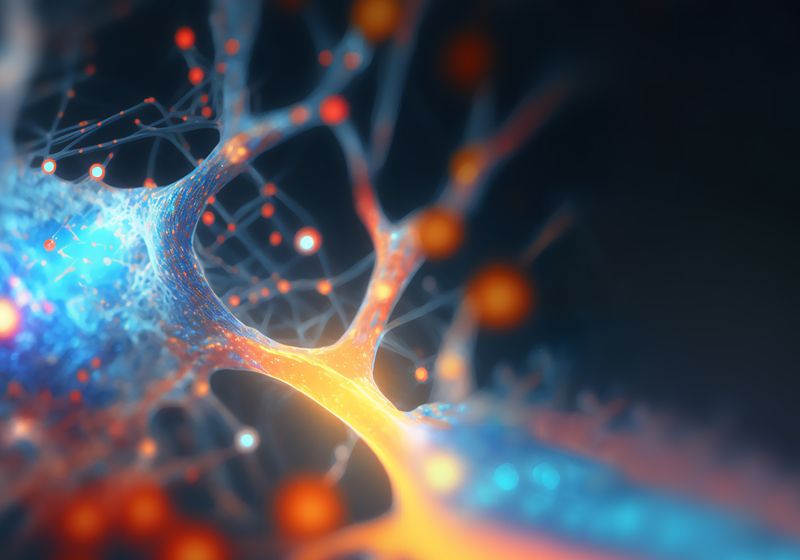Evidence of an autoimmune component to ALS neurodegeneration sheds new light on the causes of this as-yet incurable disease.
Amyotrophic lateral sclerosis (ALS) is a progressive neurodegenerative disease that eventually leads to respiratory paralysis and death.1 As the most common motor neuron disease, ALS affects over 30,000 people in the United States, with cases projected to rise over the remainder of this decade.2,3 Despite decades of research, a single and precise cause for ALS has eluded the grasp of the scientific community.2
A new study, recently published in Nature, changes that. Researchers showed, for the first time, direct evidence that autoimmunity may play a key role in ALS.4 Specifically, in individuals with ALS, CD4+ T helper cells abnormally target the neuronal protein C9orf72, opening new potential treatment paths.
“This is the first study to clearly demonstrate that in people with ALS, there is an autoimmune reaction that targets specific proteins associated with the disease,” said Alessandro Sette, an immunologist from the La Jolla Institute for Immunology (LJI) and coauthor of the paper, in a statement. David Sulzer, a neuroscientist at Columbia University and co-senior author, added, “This study gives us clues as to why the disease progresses so rapidly.”
Neuroinflammation is a known hallmark of ALS, leading scientists to long suspect that autoimmunity may be involved.5,6 However, up to this point, no one had been able to find direct evidence of an autoimmune response, nor a specific target for it.4
In the new study, the researchers examined peripheral blood mononuclear cells (PBMCs) from people with ALS and healthy controls, and they found a difference in CD4+ T helper cell subset proportions within individuals with ALS. These cells normally mediate inflammatory responses and boost the activity of effector T cells, but they are also linked with a number of autoimmune and allergic responses.7,8 The researchers thus proceeded to look at how CD4+ T helper cells from people with ALS responded to a collection of proteins commonly mutated in individuals with ALS. They found markedly higher T cell-mediated cytokine secretion in response to C9orf72—and only C9orf72.
Curiously, this elevated cytokine production included both pro- and anti-inflammatory cytokines. However, while pro-inflammatory interferon gamma (IFNγ) and interleukin (IL)-5-mediated T cell responses remained relatively unchanged, anti-inflammatory IL-10-mediated responses were roughly five-fold higher in individuals with ALS with a long or very-long predicted survival time compared to those with moderate or short ones. Sette and Sulzer speculated that this may indicate that IL-10 mediates a neuroprotective response, but they cautioned that more work is still needed.
The Sette and Sulzer research teams are excited about what their work means for ALS research. C9orf72 represents a potential target for precision therapeutics, while modulating T cell function to dampen or eliminate this autoimmune response is also a potential avenue for investigation. “Hopefully, now that we know the specific target for these immune cells, we can make more effective therapies for ALS,” said LJI immunologist Tanner Michaelis, the study’s lead author, in the statement.
Sette is also excited about what this study means for other neurodegenerative diseases. “There are several neurodegenerative diseases where we now have clear evidence of immune cell involvement,” he added. “This approach may be applicable for additional disorders such as Parkinson’s, Huntington’s, and Alzheimer’s.”

